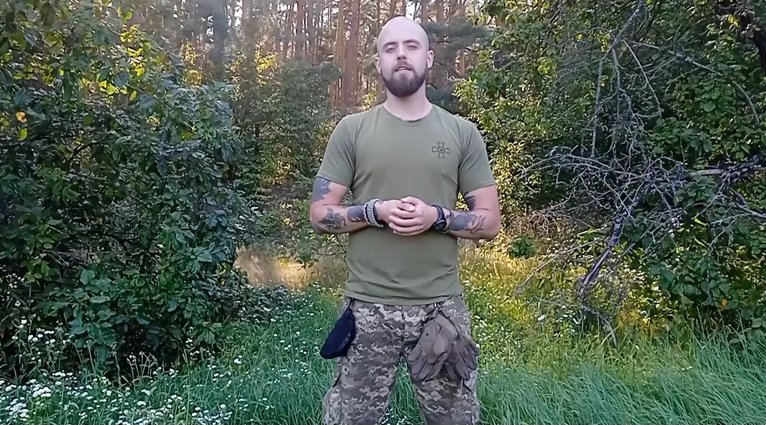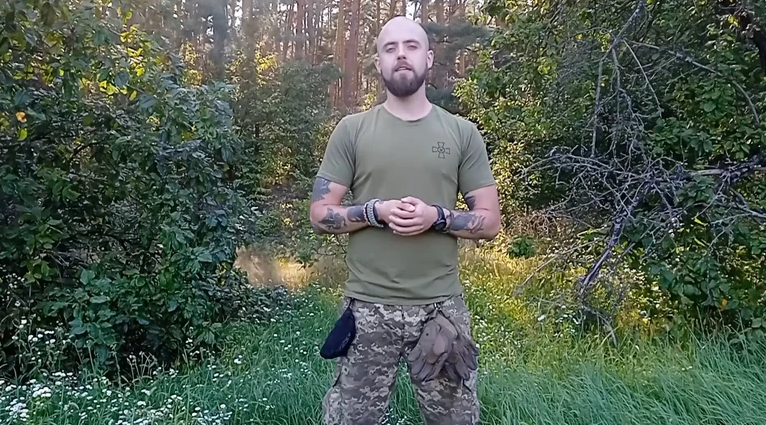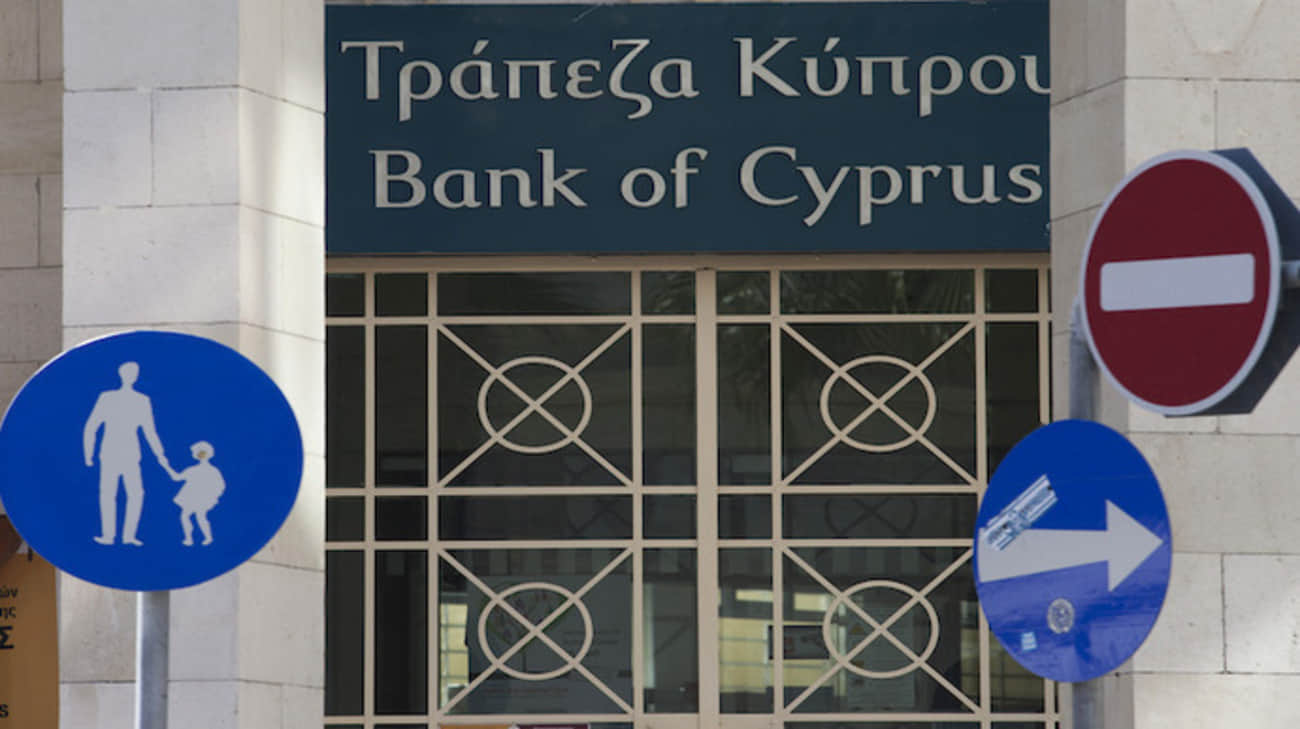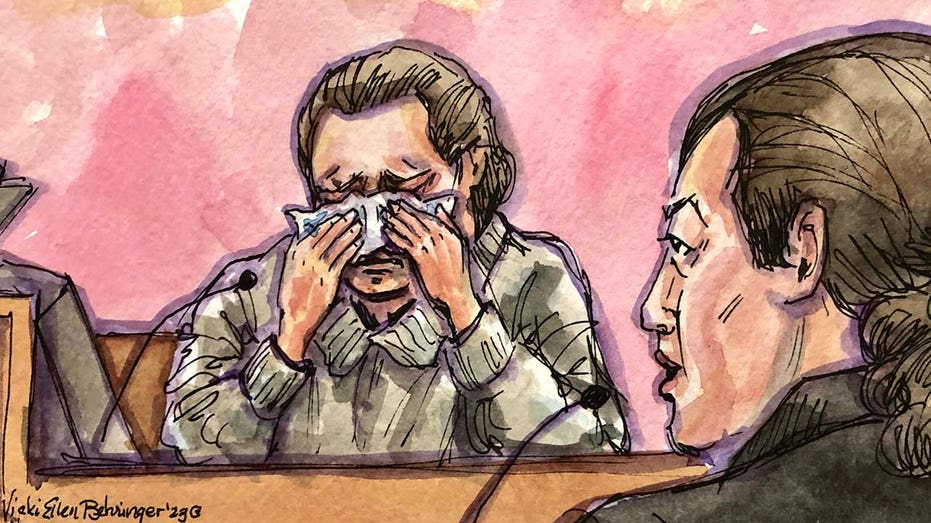TED censors Ukrainian soldier’s speech
In response, Ukrainian Catholic University's TEDx organizers severed their cooperation with TED over censorship.


TED refused to publish a speech by Maksym Osadchuk, a Ukrainian soldier, historian, and postgraduate student at the Ukrainian Catholic University (UCU) based in Lviv. He delivered the speech at a conference in the fall of 2023.
Following the refusal to publish the speech, the local TEDx UCU chapter at the Ukrainian Catholic University announced that it is ceasing its activities and cooperation with TED.
The decision to end the partnership comes after months of unsuccessful negotiations between TEDx UCU and TED’s headquarters. The local organizers expressed their deep disappointment with TED’s stance, which they view as an attempt to maintain a false neutrality in the face of Russia’s ongoing aggression against Ukraine.
TED’s main office position
TED’s main office cited concerns over what they termed “inflammatory ‘us vs. them’ statements” in Osadchuk’s speech. They particularly objected to Osadchuk’s assertion that “Russians are trying to appropriate the joint victory over German fascism, but as always, they are stealing… However, there is nothing new here. Russians are being Russians.”
TED also took issue with Osadchuk’s reference to the “suffocating embrace of the ‘Russian world’.”
In defending their decision, TED stated, “The platforms for showcasing these ideas exist, but we must maintain that the TEDx stage is not a space for polarizing or otherwise inflammatory discussions of what makes a conflict an ‘opportunity’ for a particular country while lambasting entire populations of a different country.”
The criticism by TEDx UCU local office
However, the TEDx UCU team disagrees with this interpretation. They argue that Osadchuk’s speech presented widely recognized and evident facts, including Russia’s unprecedented violation of international law, as documented in four UN General Assembly resolutions. It is also clear that the vast majority of the Russian population supports the current war of aggression against Ukraine because otherwise, millions of Russians wouldn’t fight themselves on the front or work on various military, industrial, and logistical jobs supporting Russia’s war effort.
The team also pointed out that the term “Russian world” is commonly used by American historians and writers, and is actively employed by Russians themselves as an antithesis to the Western world.
The TEDx UCU organizers emphasize that in the context of war, the “us vs. them” rhetoric is a description of an objective situation, not hate speech. Related:They assert that TED’s refusal to publish the video stems from a misguided attempt at neutrality and a perceived need to hear from both sides of the conflict.
“We do not accept this. First and foremost, we fully share the theses expressed by our speaker,” the TEDx UCU statement declared. The team believes that TED’s position fails to acknowledge the reality of Ukraine’s struggle against Russian aggression, which has been ongoing for over a decade.
The decision to discontinue TEDx UCU activities marks the end of a partnership that began in 2017. Despite this setback, the TEDx UCU team remains committed to sharing important ideas and fostering meaningful discussions.
“We will fondly remember our past experience with TEDx UCU from 2017 to the winter of 2023. More will come,” the statement concluded, hinting at future projects.
As Ukraine continues its struggle for sovereignty and freedom, the controversy surrounding TEDxUCU and the soldier’s censored speech highlights the ongoing challenges Ukrainian voices face in reaching a global audience.
Related:
- Former Google CEO becomes “licensed arms dealer” to support Ukraine
- Czech President: Ukraine could join NATO even when some territories are occupied
- Fuel depot fire in Russia’s Rostov region expands on second day after drone attack
- Kursk Oblast: Where Russia’s “historical lands” argument falls apart
- Senator Kelly: Ukrainian incursion could shift dynamics of ongoing war
- Ukraine cut off almost entire Glushkovo district in Kursk, Russians say
You could close this page. Or you could join our community and help us produce more materials like this.
We keep our reporting open and accessible to everyone because we believe in the power of free information. This is why our small, cost-effective team depends on the support of readers like you to bring deliver timely news, quality analysis, and on-the-ground reports about Russia's war against Ukraine and Ukraine's struggle to build a democratic society.
A little bit goes a long way: for as little as the cost of one cup of coffee a month, you can help build bridges between Ukraine and the rest of the world, plus become a co-creator and vote for topics we should cover next. Become a patron or see other ways to support.


